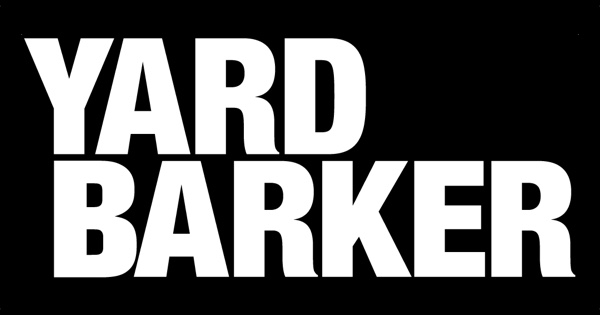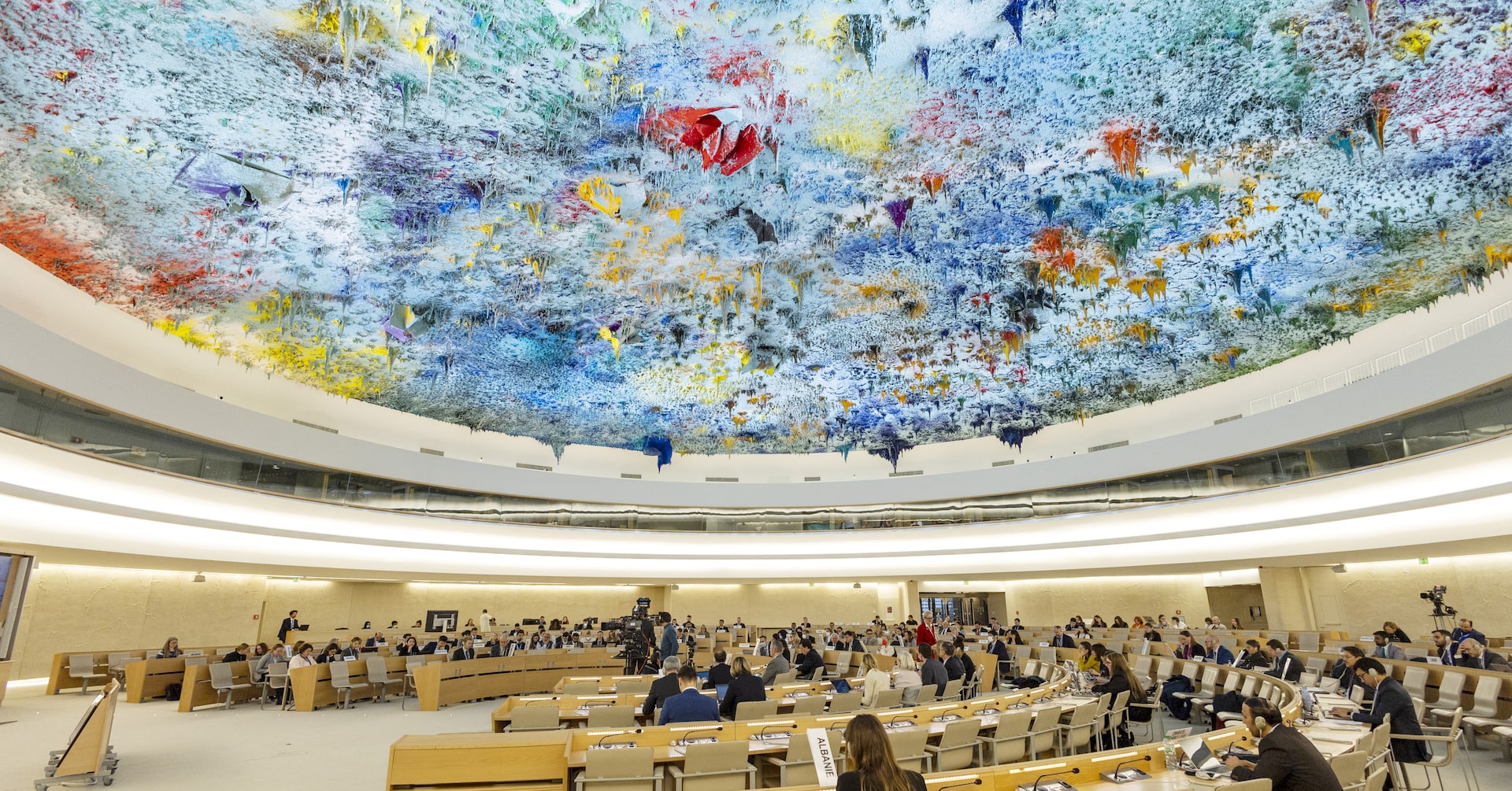Copyright Yardbarker

For those who believe disunity is playing its part in Celtic’s faltering start, few are better placed to comment than Paul Lambert, a Champions League winner with Borussia Dortmund, an eight-time trophy winner with Celtic, and a player who played under the intense pressure of stopping the original Ibrox club winning 10-in-a-row. Speaking to Betway, in remarks reported by The Scotsman and The Glasgow Times, Lambert offered a somewhat unflinching assessment of the club’s current situation, addressing everything from the team’s mindset to the behaviour of those within the club itself. Speaking ahead of Celtic’s crucial Europa League game, Lambert believes the early exit from the Champions League qualifying rounds has created a hangover that continues to cloud the squad’s mentality. “Everybody expected them to get through into the main Champions League campaign,” he said. “Celtic have been spoiled with year after year of being in the Champions League, so when it’s not there, it’s like a juggernaut and it’s magnified into a huge thing. They took their medicine and entered the Europa League. But what I would say is, if Celtic got to the Europa League final, nobody in green and white wouldn’t want to go.” “If someone has leaked that Brendan is maybe leaving, like what might have happened a few months ago, then that’s a coward’s way out. That should never have been in the public domain,” he said. “Brendan and the club will know what’s happening, but he has to find a way to get the lads going again.” If Lambert’s remarks do indeed refer to that briefing, alongside recent rumours of the manager’s exit, it’s strong language from a man who has been on both sides of the managerial divide. Having managed Aston Villa, Norwich, Blackburn and Stoke, Lambert knows full well how corrosive leaks and briefings can be to a manager’s authority. His defence of Rodgers appears to come from the perspective of someone who’s perhaps also been undermined before. Lambert was equally direct about Celtic’s on-field standards commenting that criticism is in the job description at Celtic. “If you don’t perform at a European level and fall below the standard of a Celtic player, then that’s what happens,” he said.“The criticism is in your contract, you have to read the small print. If you don’t win at Celtic and don’t play well, then you’re going to be criticised.” That line speaks volumes about the culture Lambert believes Celtic players must embrace, one built on accountability and character. The 56-year-old also addressed the ongoing fan protests that have disrupted recent matches, including the defeat to Dundee where play was stopped due to objects being thrown onto the pitch. Lambert sympathised with supporters’ frustrations, but said players cannot allow external noise to dictate performances. “I think it’s definitely having a negative effect on everything,” Lambert said. “The fans have obviously got their reasons for doing it. Sometimes it’s an easy excuse to hide behind, but as a player when you step onto that field it shouldn’t be in your makeup because you can’t influence anything like that. All you can concentrate on is winning games. “The players have to look at themselves as well, they’re not getting results at this moment in time. You can only hide behind transfers and things like that for so long. “It’s very unlike the Celtic fans, I have to say, because they are really loyal to the club and the team. But I think with what’s happening, the players are getting affected by it a little bit, but that shouldn’t really come into play. It should be about getting the job done and whatever happens off the field happens.” Lambert added that incidents like the Dundee game delays can’t be used as a shield for poor form. “That’s the beauty of being a Celtic player, you have to hit the standard that fans expect. When you win, that will blow over, but because they got beat it almost becomes a crisis.” For Lambert, who spent six seasons at the club, captaining sides through triumph and turmoil, Celtic is a club that exposes players’ mental as much as physical attributes. Playing for Celtic brings immense reward, 60,000 supporters at home games, the weight of expectation, and the chance to count your medals at the end of a career. But we’d all recognise it can also be an unforgiving environment at times as well. It takes more than talent to wear the Celtic shirt. It also takes resilience, personality, and preferably a mentality that doesn’t wilt under scrutiny. The remembered Celtic players are those who can deliver consistently from November’s gluepot pitches through to March’s rutted surfaces, as well as the opening and closing weeks of the season when the pitches are pristine and you actually feel the sun, it’s also about those who can withstand criticism and respond with performance. When the pressure is on, when the form dips, when the barracking grows loud, that’s arguably when Celtic players are truly judged. Lambert’s words are a reminder from someone who knows Celtic inside out, is also a Champions League winner, a captain, and a manager who understands both the weight of expectation and the fragility of unity. Celtic’s season still has plenty time to recover. Recovery, however, will depend to some extent on tactics or transfers, but also on what Lambert has identified as the defining quality of any successful Celtic side, strength of mind as well as body. “You play for yourself, for your teammates, you play for the club,” he said. “Managers will come and go, that’s the nature of the game. Whether you like a manager or don’t like them, you perform.”



